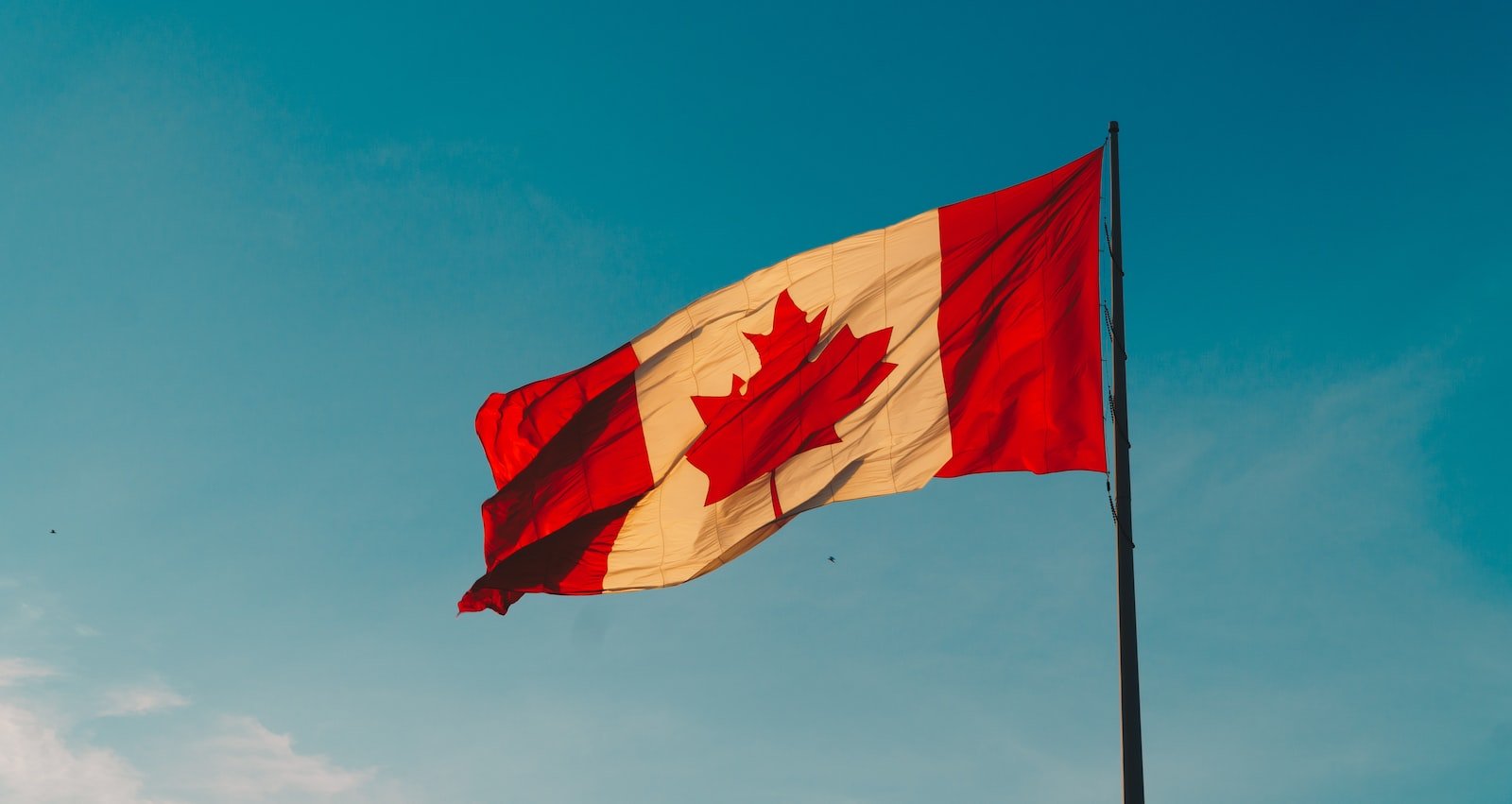What Happens If I Can’t Pay My Sponsorship Debt?

Sponsoring a spouse or family member to immigrate to Canada comes with certain responsibilities, including possibly acquiring sponsorship debt. If your Sponsee received social assistance from B.C. during the sponsorship period, you are required to pay back the amount they received.
Let’s look a closer look at what sponsorship debt includes in B.C. and what to do if you can’t afford to pay back your sponsorship debt.
What is Sponsorship Debt?
A Sponsor is someone who has signed a sponsorship undertaking, promising Immigration, Refugees and Citizenship Canada to support their spouse or relatives for a period of 3 to 10 years after landing in Canada, so that they will not require social assistance from the Canadian government. If the Sponsor`s relatives do end up receiving social assistance from the government during this period, the Sponsor (and any co-signors) will be responsible for paying this debt back to the government, plus interest and any legal costs. This debt can accumulate to a considerable amount over the period of 3 to 10 years, so serious consideration must be given before the signing a sponsorship undertaking.
What Happens If You Default on a Sponsorship Agreement in B.C.?
In British Columbia, a Sponsor will be referred to the Sponsorship Default Recovery Program if their sponsored relatives end up receiving social assistance from the government. Under this program, the Sponsor will be pursued for payment of the accrued debt (i.e., the total social assistance paid) and associated legal costs. This can be very stressful for the Sponsor as they will receive numerous phone calls and letters regarding the debt until it is finally paid. The debt will continue to increase as the Sponsor`s spouse or family member continues to receive income assistance, not to mention the interest and legal fees continue to grow. The sooner action is taken to eliminate the debt, the better.
Can Sponsorship Debt be Forgiven?
Under special circumstances, beyond the Sponsor`s control, sponsorship debt may be forgiven. These circumstances may include, but are not limited to, the following:
- The relatives separated due to an abusive relationship. For example, if the Sponsor was abused by his or her spouse and no longer wished to stay in touch due to fear for their safety.
- The Sponsor was no longer able to work due to illness
- The Sponsor is on Guaranteed Income Supplement
- Other extraordinary circumstances
Therefore, it is very important for a Sponsor to keep in touch with the provincial government, advising them of any circumstances rendering it impossible for them to provide ongoing support for the sponsored relatives.
What Are My Options to Pay Off Sponsorship Debt?
Fortunately, there are options to pay off your sponsorship debt. There are options and strategies to ease the debt payments and allow you to eliminate it completely.
Contact the Government of B.C.
- Contact the provincial government explaining why you were not able to continue supporting your sponsored relatives. The government may consider your circumstances to be extraordinary and offer some relief of the debt.
- If your circumstances are going to change and allow you to pay off the debt and continue supporting your sponsored relatives, you may ask the government to suspend your payments for a period until things improve. For example, you may be unemployed but have been offered a new job.
- Send the government a letter detailing your income, expenses, and available cash flow to pay down the debt. This may then be used as a basis for negotiating a manageable payment plan to pay off the debt. It’s best to always present a possible solution in your communications with government collection departments, rather than simply saying you cannot pay the debt. This will improve your negotiating position.
File a Consumer Proposal or Personal Bankruptcy
Under the Bankruptcy and Insolvency Act, you can file a consumer proposal or bankruptcy to eliminate unsecured debts that you are unable to pay off. When you file for insolvency, a stay of proceedings is enforced which means that all legal action by the creditors, including the government in the case of sponsorship debt, stops.
If you file for bankruptcy, all of your assets will be assigned to a Licensed Insolvency Trustee (LIT) who will sell the assets and distribute the proceeds to the creditors. During the bankruptcy, which can last 9 to 36 months, a portion of your income will also be taken by the LIT and paid towards the sponsorship debt. On completion of the bankruptcy, the sponsorship debt will be eliminated in full, and you can start rebuilding your credit.
If you would like to avoid filing for bankruptcy, then a consumer proposal might be a good option. A consumer proposal is considered the alternative to bankruptcy and allows you to make an offer to the government to pay a reduced amount to eliminate the sponsorship debt. The agreed amount is then paid off, interest free, over a period of up to 5 years. Once a consumer proposal is filed, your assets are fully protected (unlike in a bankruptcy) and the government cannot communicate with you or take any legal action.
We understand the hesitancy to file a consumer proposal or bankruptcy due the adverse impact on your credit score, but the alternative is potentially worse as you could be struggling with sponsorship debt for many years to come. We always advise that it’s best to address the root of your financial issues head on. Credit can always be rebuilt, but the money that you will spend on interest and legal bills for the unpaid debt may take far longer to recover.
Sponsorship debt can be financially crippling, but you do have options to deal with this debt and avoid legal action by the government. Start by reaching out to the relevant government department as soon as possible to explain your situation and hopefully they will offer some relief from the amount owing and/or work with you to create an affordable repayment plan. If this option doesn’t work, reach out to a Licensed Insolvency Trustee. They will explain your legal debt relief options in full detail and answer any questions you have about the process. As with any debt, sponsorship debt should never be ignored with the hope that it will simply go away—there is no stature of limitations on government debt and it will only get exceeding worse with time. Reach out to a Licensed Trustee now to discuss your options to eliminate your sponsorship debt.


